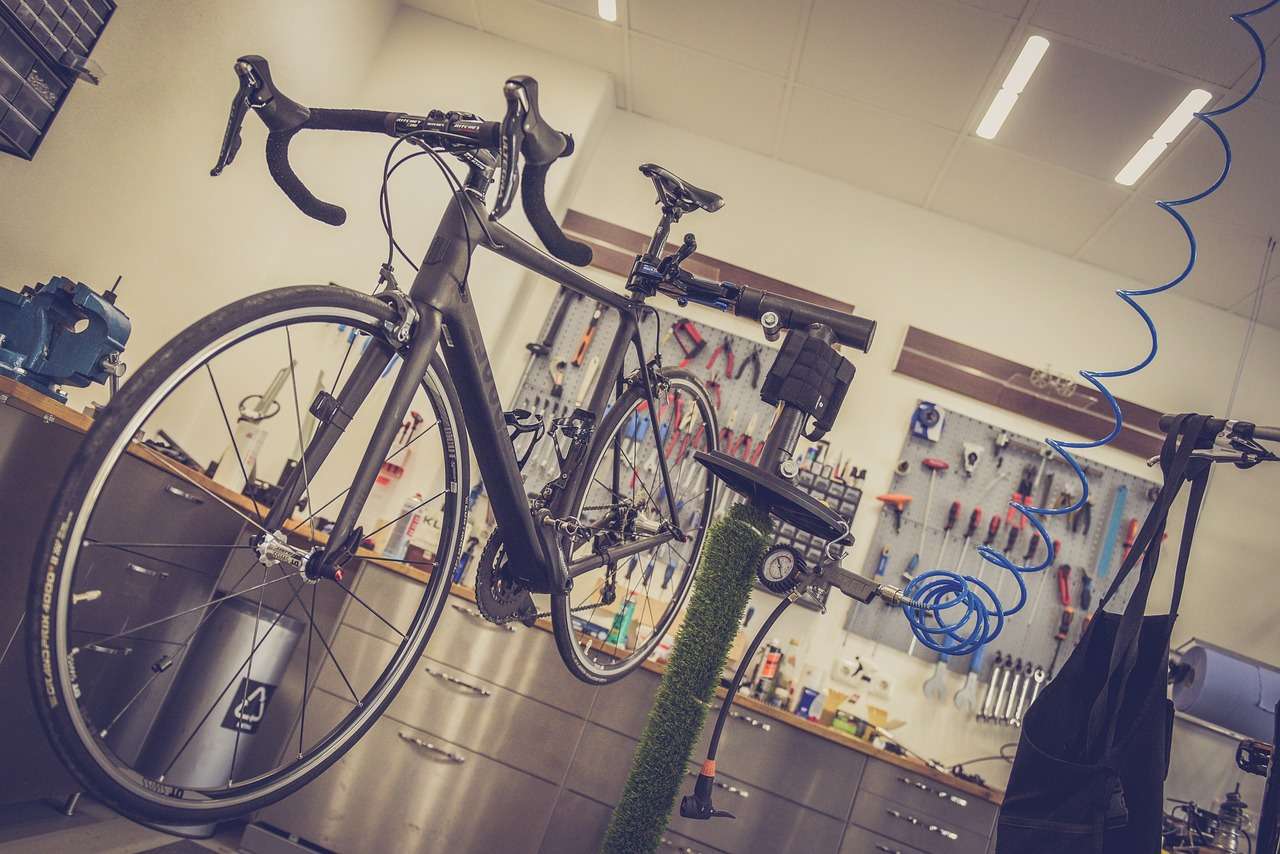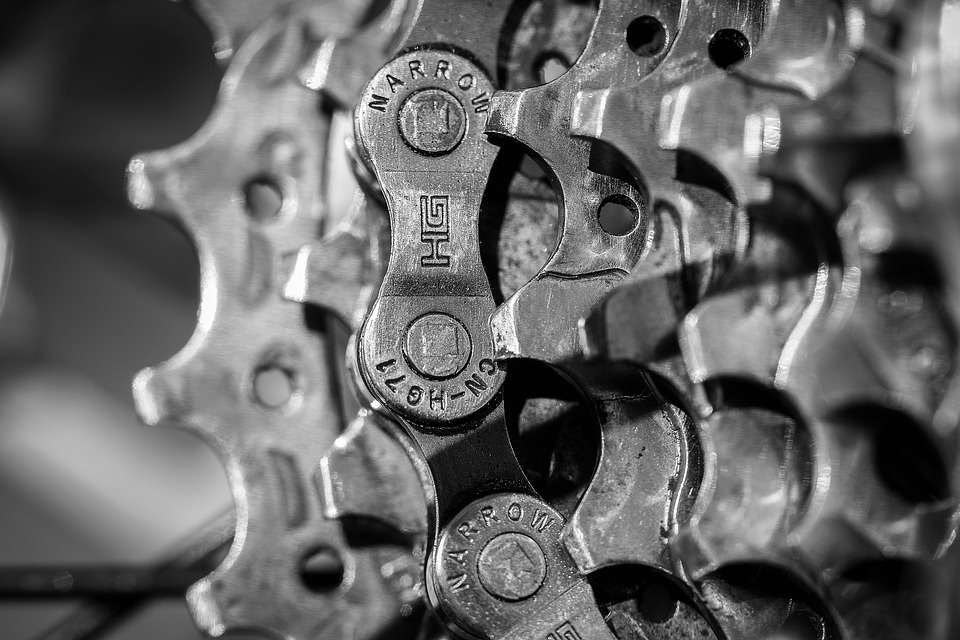
How do I fix a punctured bicycle tire at home?

Introduction:
How to fix a puntured bicycle at home? Getting a flat tire while cycling is a common hassle, but the ability to fix it at home gives you the freedom to keep riding without stress. This detailed guide will walk you through the process of fixing a punctured bicycle tire in your own space. From understanding the basic parts of your tire to mastering the steps, you’ll gain the confidence to handle flat tires on your own.
What Makes Up Your bicycle Tire?
Before we dive into fixing a flat, let’s break down your tire’s bits and pieces. We’ll explore the outer rubber casing, the inner tube, and the rim. Knowing these parts will help you understand how to repair your tire effectively.

What You Need to Get Started?
Before you start fixing your flat tire, it’s crucial to gather the right materials and tools. In this section, we’ll go over the things you need, like a bicycle repair kit, tire levers, a pump or air compressor, and, if you want to get fancy, a bucket of water for a helpful trick.
Step-by-Step Repair Process:
Getting the Wheel Off
To fix your flat, the first thing is to take the wheel off your bicycle. This section will guide you through it, whether you’ve got wheel nuts or a quick-release skewer. You can repair bicycle tires by https://wbbicycles.com
Letting the Air Out
Learn the right way to let the air out of your tire using the valve stem, getting it ready for the fixing process.
Taking the Tire Off
Using tire levers, carefully get that tire off the rim. Take your time here to avoid causing more damage.
Finding the Hole
Inspect the inner tube to find where the puncture is. We’ll cover tricks like slightly inflating the tube and dunking it in water to spot that sneaky hole.

Patching Things Up
This step involves prepping the tube, sticking on a patch, and giving it time to cure. We’ll share tips for effective patching to make sure it sticks.
Putting the Tire and Tube Back Together
Carefully slide the patched inner tube back into the tire, making sure everything lines up. Learn the tricks for putting the tire back on the rim without causing more trouble.
Pumping Things Up
Find out how to properly inflate your tire using a pump or air compressor. We’ll cover how to reach the right tire pressure as indicated on the tire’s sidewall.
Checking for Leaks
After pumping, check for any remaining leaks by listening for air or feeling for bubbles. We’ll also provide tips for troubleshooting potential issues.
Handling Issues and Pro Tips:
This section will cover common problems you might encounter, like tricky punctures or dealing with multiple flats. We’ll also share advanced tips for preventing future flat tires and keeping your tires in top shape. You can repair your bicycles fom the link http://facebook.com/wbbicycles.com

Conclusion:
In conclusion, fixing a flat tire at home is a handy skill that boosts your confidence as a cyclist. This section will summarize the main points and highlight how empowering it is to master the art of DIY tire repair. With this knowledge, you’ll be ready to face any flat tire with confidence, ensuring your cycling adventures stay enjoyable and stress-free.
Frequently Asked Questions(FAQs):
Question: What basic tools do I need for repairing bicycles at home?
Answer: Essential tools for home bicycle repairs include Allen wrenches, screwdrivers, tire levers, a bike pump, and, if possible, a basic repair stand for convenient access.
Question: How do I troubleshoot a noisy bicycle chain during home repairs?
Answer: To address a noisy chain, thoroughly clean it, apply a suitable bicycle chain lubricant, and ensure proper tension and alignment by following the manufacturer’s specifications.
Question: What steps should I follow to adjust bike brakes at home?
Answer: Adjusting bike brakes involves tweaking the brake cable tension, aligning the brake pads for even contact, and testing the responsiveness of the braking system.
Question: How can I identify and fix issues with bike gears during home repairs?
Answer: Identify gear issues by checking cable tension, adjusting limit screws, and ensuring the derailleur hanger is straight. Solutions may include cable adjustments or replacement of worn components.
Question: What’s a crucial aspect of maintaining a bicycle frame at home?
Answer: Preventing rust is crucial. Regularly clean the frame and apply a protective coating, such as bicycle-specific wax or corrosion-resistant spray, for long-term durability.
